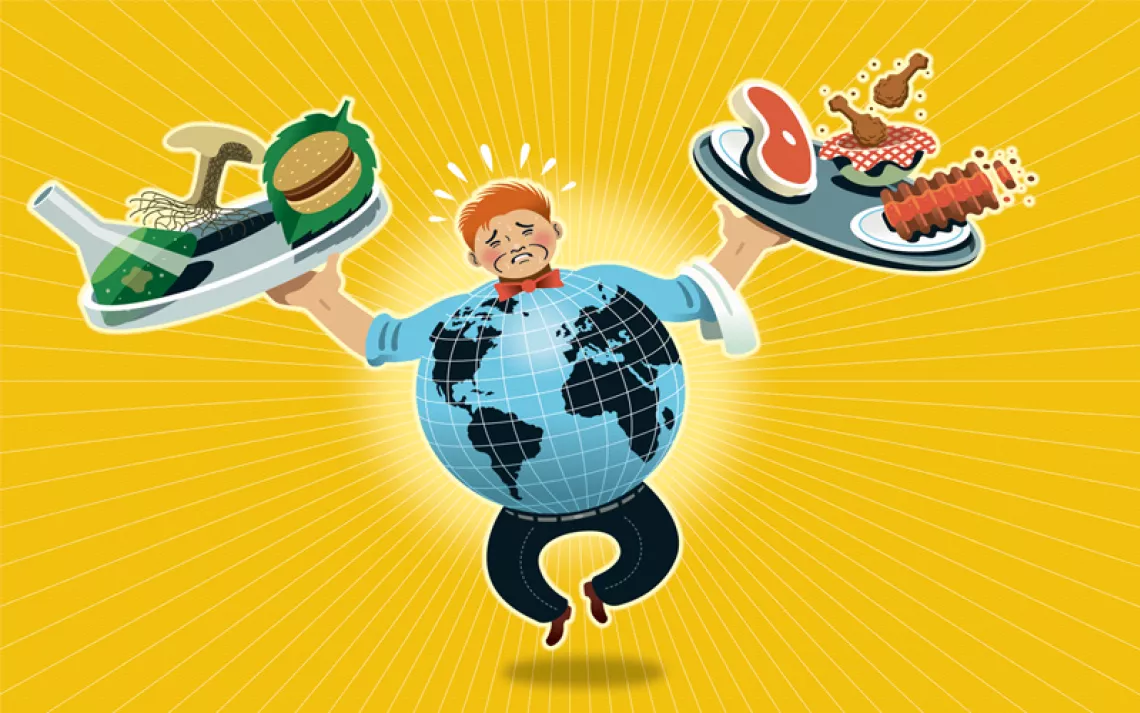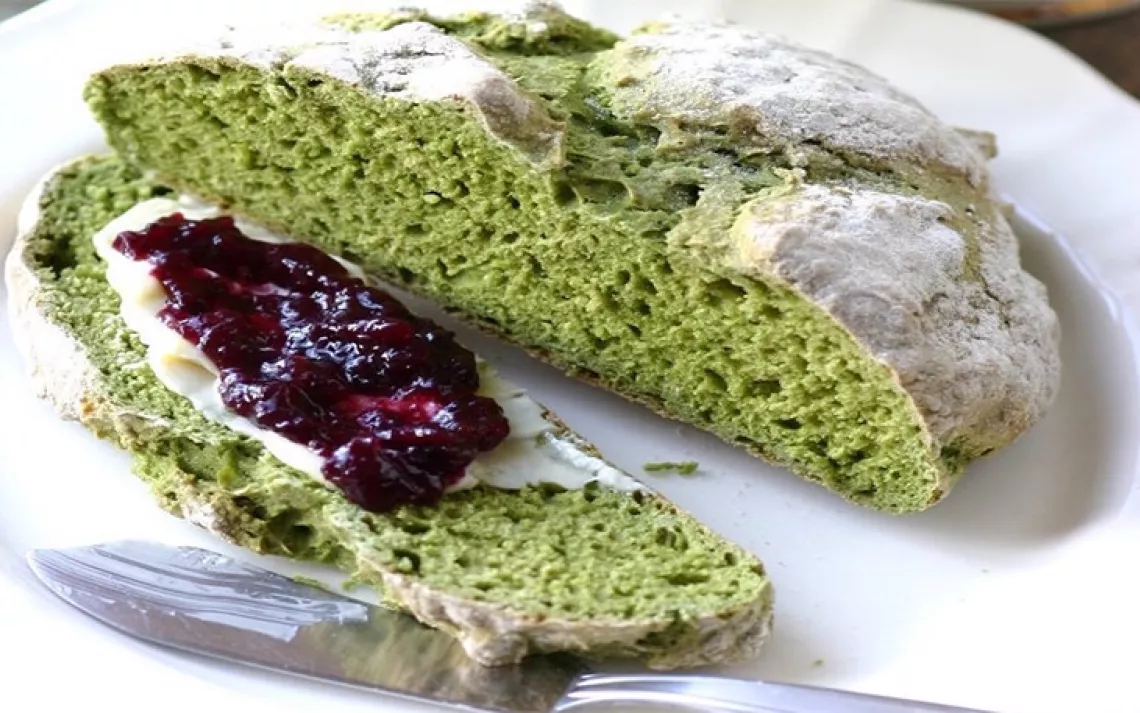10 No-Meat Foods Every Active Person Needs

Ann Trason is considered by many to be one of the top ultramarathon runners in history. With 20 world records set in courses from 50 to 100 miles in length, she has amassed one of the most venerated careers the sport has ever seen. Paula Edelson writes in her book A to Z of American Women in Sports (2002) that Trason "seems at times to possess superhuman strength."
That superhuman ability translates into one superhuman nutrition plan. We spoke with Ann recently by phone and asked for ten of her favorite vegetarian foods for active lifestyles. You don't have to be a running icon to try them, but substituting these choices into your daily diet will still put you on the high road toward good health.
1. Nut Butters: Great as a spread, or even as a snack from the jar. Try some organic sunflower butter — these seeds hold almost four times as much Vitamin E content per serving as do peanuts.
2. Avocados: These fruits are packed full of healthy fats. Slice one up on a sandwich for some extra flavor.
3. Quinoa: A staple in traditional Incan cuisine, quinoa is a source of "complete protein," meaning that it contains essential amino acids that our bodies can't produce naturally. Trason likes to throw in some quinoa with her salads for a nutrient-balanced meal.
4. Speaking of salads, Trason's favorite right now is one that features roasted beets. "I love to combine beets with some crumbled cheese, orange slices, and some fennel," she says. These root vegetables provide high levels of natural antioxidants at just 35 calories per serving.
5. Kale: "It's the rage these days," Trason says. It's also a vitamin and mineral powerhouse, giving substantial levels of Vitamin A, Vitamin C, Vitamin K, Potassium, and Calcium. Trason will sometimes thinly slice her kale and "dress it up" with feta cheese.
6. Roasted Brussels Sprouts: Trason's favorite right now. "Serving them with a little bit of onion is a great extra," she says. High in Vitamin C and in dietary fiber, Brussels sprouts actually belong to the same plant family as cabbages.
7. Brewer's Yeast: Want an alternative to jitter-happy energy drinks? Try small mixtures of brewer's yeast instead. It's loaded with B-complex vitamins, and its high value of chromium helps your body keep a steady blood sugar level. You can find brewer's yeast in many different forms, including tablets, flakes, powders, and liquids.
8. Energy Bars: Some energy bars can serve as full meal replacements, depending on their ingredients. But those ingredients are worth a close look — Trason says to be wary of unhealthy oils listed on the wrapper that are surrounded by descriptions like partially hydrogenated. Also important, she says, is to dispose of your wrapper properly. Thankfully, more and more energy bar companies are creating biodegradable packaging for their products.
9. Black Beans: "I love whole black beans," says Trason. "A great, earthy texture for any meal." The beans' high levels of fiber and protein will keep you fuller longer. Serve as a nutritious complement to dishes with vegetables, rice, or meat.
10. Brown Rice: The long-grain variety gives a healthy serving of complex carbohydrates for that energy you need. Try some in soups, salads, or in any recipe that requires cooked rice.
 The Magazine of The Sierra Club
The Magazine of The Sierra Club



